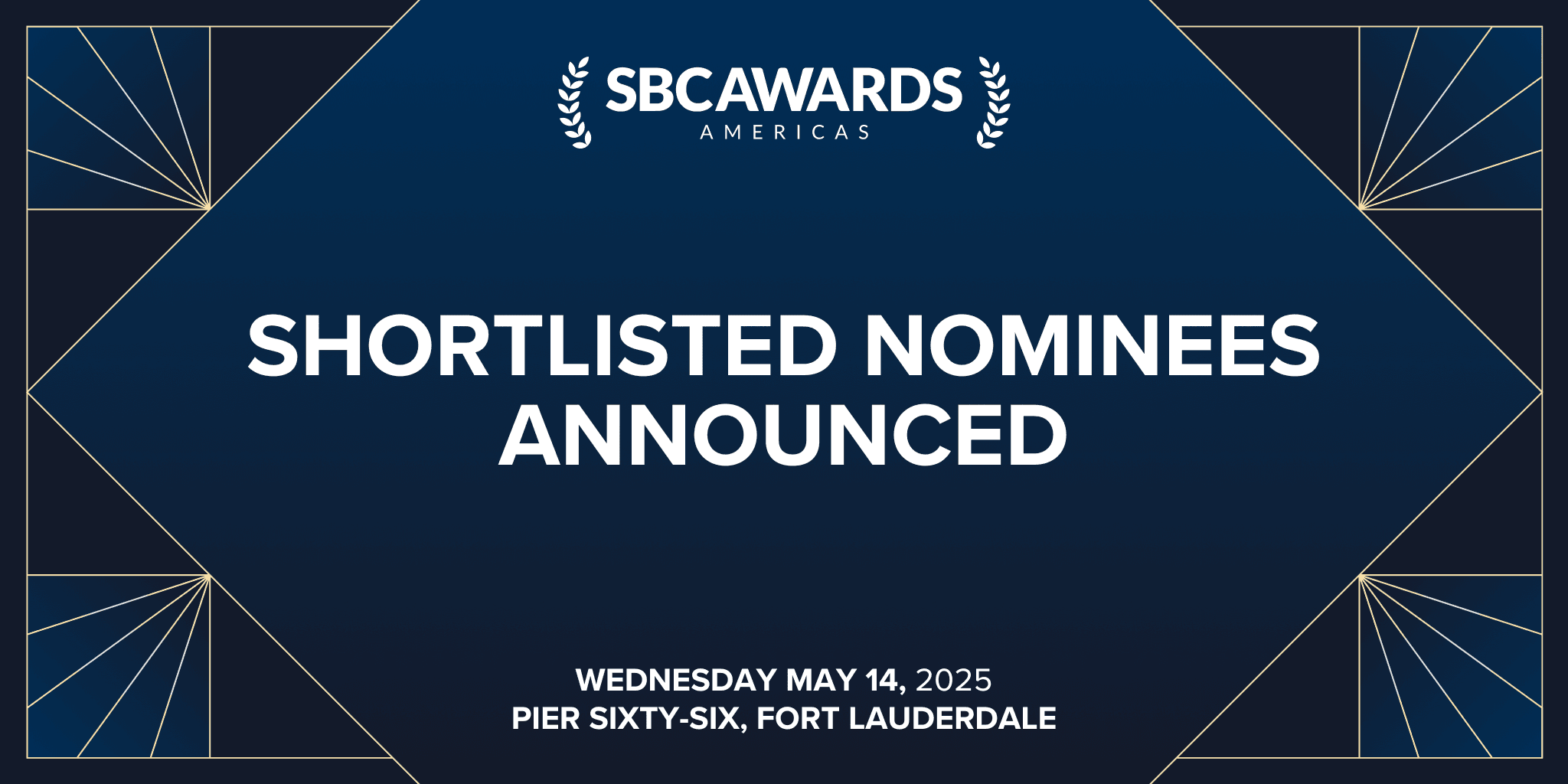Last week, problem and responsible gambling advocates applauded as U.S. Sen. Richard Blumenthal (D-Connecticut) and Rep. Andrea Salinas (D-Oregon) introduced legislation that would create the first federal funding stream to address gambling addiction in America.
Among other things, their Gambling addiction Recovery, Investment, and Treatment (GRIT) Act would set aside 50% of all federal sports betting excise tax revenue for gambling addiction treatment and research — and the mere existence of that tax is what’s fueling opposition to the legislation from some prominent corners.
For a decade, Rep. Dina Titus (D-Nevada) has tried unsuccessfully to do away with the sports betting excise tax. Also known as the “handle tax,” the 0.25% tax on every legal sports wager in the U.S. was created in the 1950s as a way to identify and prosecute illegal gambling activity — back when Nevada was the only state with legal gaming. In 2023, SBC Americas reported that the federal government collected more than $250 million from legal operators through the tax.
After Blumenthal and Salinas’ legislation was introduced, Titus told the Nevada Independent that it “would exacerbate already destructive tax policies that put the legal gaming industry at a disadvantage to illegal offshore operations,” which pay no taxes whatsoever.
Titus also called the legislation “redundant” and said that states that have legalized sports betting “also fund responsible gaming resources to address problem gambling.”
The American Gaming Association has long opposed the federal excise tax and has come out against the GRIT Act as well. In a statement provided to SBC Americas, AGA Senior Vice President of Government Relations Chris Cylke said, “Our industry’s growth means that there’s never been more attention paid to or money invested in problem gambling support than there is today. Nearly every tax dollar earmarked for problem gambling services comes from casino gaming taxes, including new legal sports betting and online casino markets.
“Congress enacted the federal sports betting excise tax in the 1950s as a tool to prosecute illegal gambling operations. Today, this antiquated policy puts the nascent legal market at a competitive disadvantage against offshore illegal operators, who do not pay any taxes and prey on vulnerable customers.”
State funding inadequate
Responsible and problem gambling advocates were not necessarily surprised by the opposition of Titus and the AGA, with Brianne Doura-Schawohl calling it “predictable” and “shortsighted.”
“The reality is that gambling expansion across the nation has introduced massive risk into our society,” Doura-Schawohl, who represents the Campaign for Fairer Gambling, told US Bets. “Sports betting has been legalized in jurisdictions across our country without a full accounting of its considerable costs and consequences. Since legalization, helpline numbers across the nation have skyrocketed. Several states are pleading for more resources, while nine jurisdictions haven’t yet addressed gambling harm.
“We couldn’t imagine a more appropriate revenue stream for the industry to cover its costs than the existing tax on sports betting. The GRIT Act is our best chance to save lots of lives by doing what’s responsible, fair, and inevitable.”
The National Council on Problem Gambling (NCPG), which, like the Campaign for Fairer Gambling, supports the legislation, offered up data showing that the average amount spent on problem gambling nationwide is just 33 cents per capita, with eight states (along with Washington, D.C.) currently having no dedicated problem gambling funding. That works out to 14% of Americans having no easy access to problem gambling treatment or counseling.
Furthermore, in a 2021 survey conducted by the National Association of Administrators for Disordered Gambling Services, service providers in virtually every state lamented a shortage of funding, leading the survey’s authors to conclude, “System needs, as evaluated by key informants from 37 states, are present within a state’s problem gambling service system independent of where they fall on the state ranking of per-capita dollar investment in problem gambling services. This could be attributed to larger issues such as even those states with the largest budgets to address problem gambling are underfunded and a reflection of the lack of a federal agency charged with addressing gambling-related harm by providing funding, targeted research, policy and practice guidance, and technical support for state problem gambling services efforts.”
“In the U.S., substance use disorders are about seven times more common than gambling disorders, while public funding for substance abuse treatment is about 338 times greater than public funding for all problem gambling services,” Keith Whyte, the NCPG’s executive director, told US Bets. “Current state problem gambling services are poorly funded, vary greatly between states, and rarely provide prevention, research, or recovery services. GRIT provides the first ever federal investment in problem gambling treatment and research by providing funding for 10 years.”
Photo: Ethan Miller/Getty Images



 2024-01-18
2024-01-18














